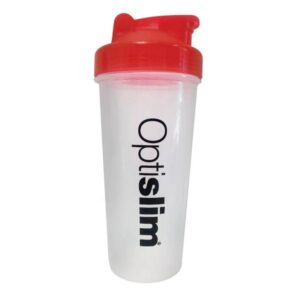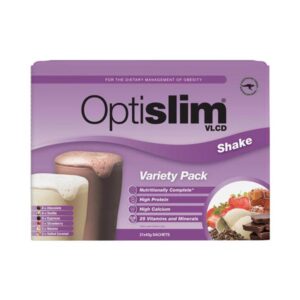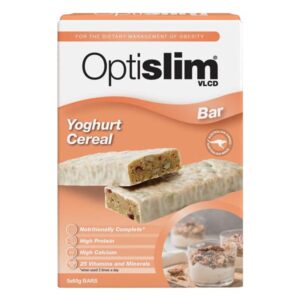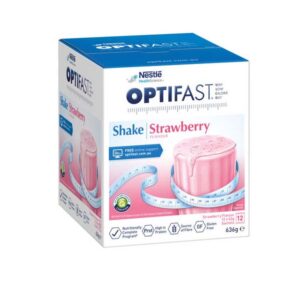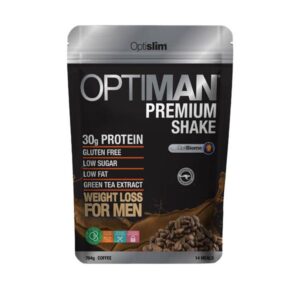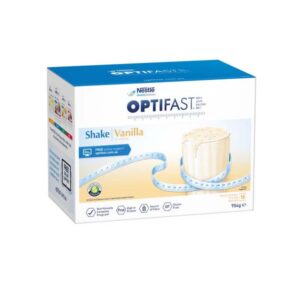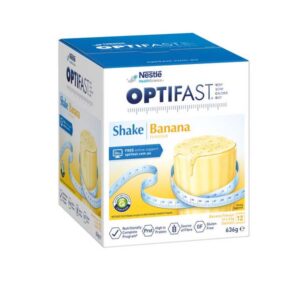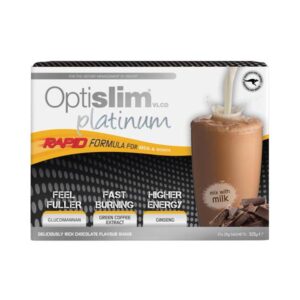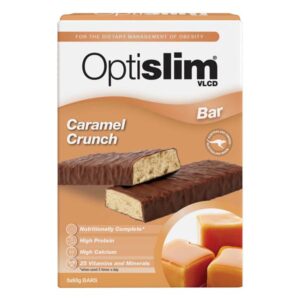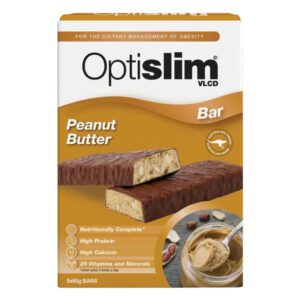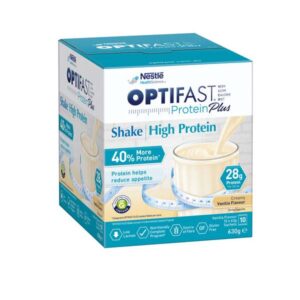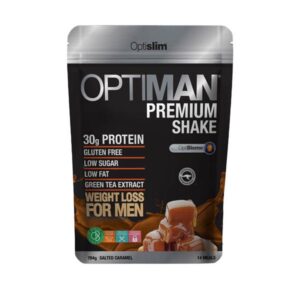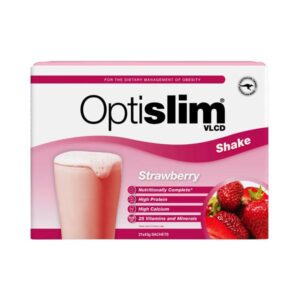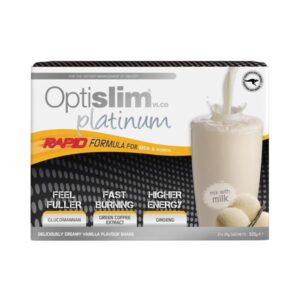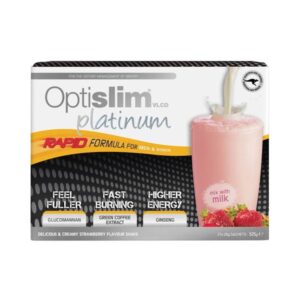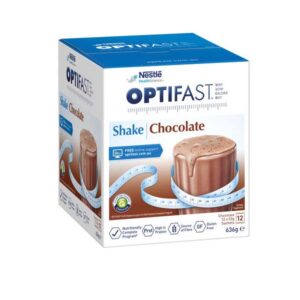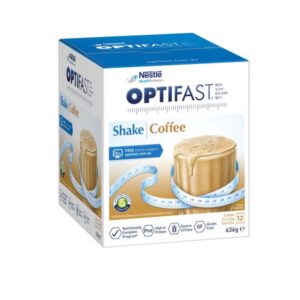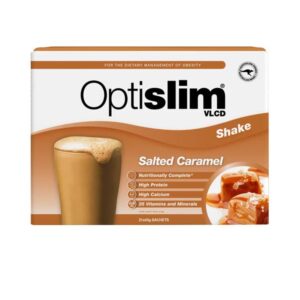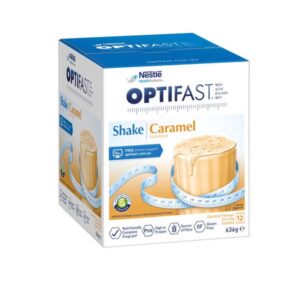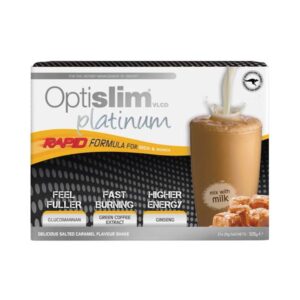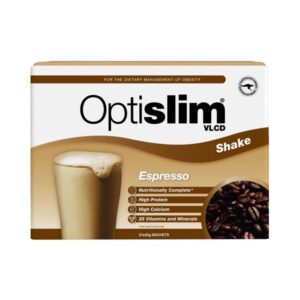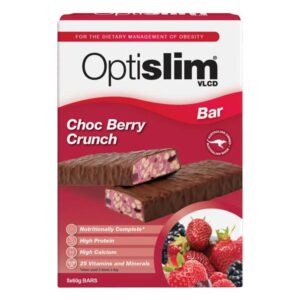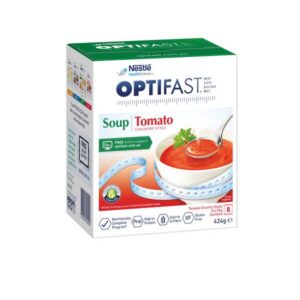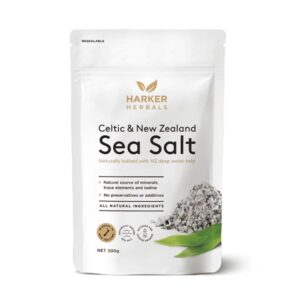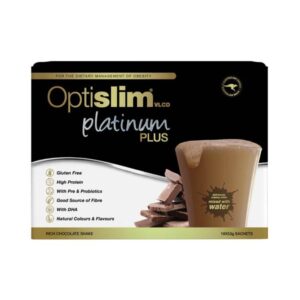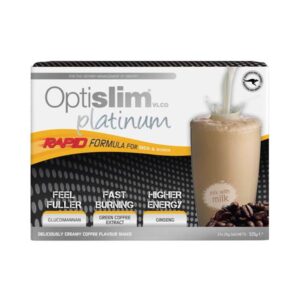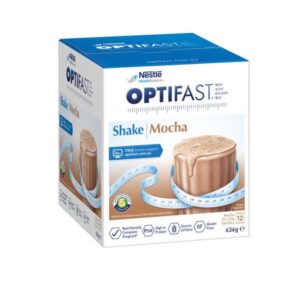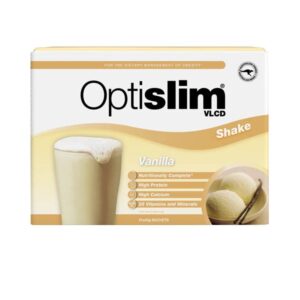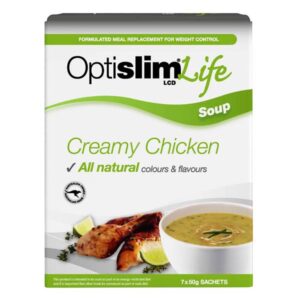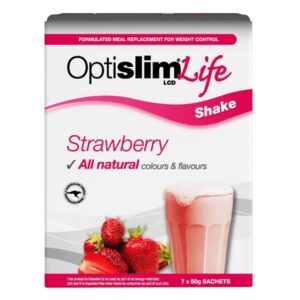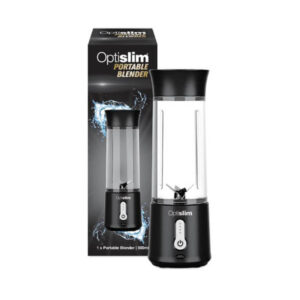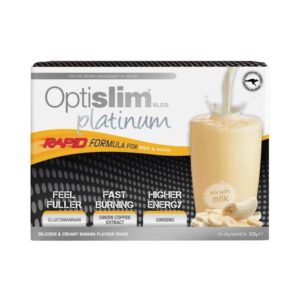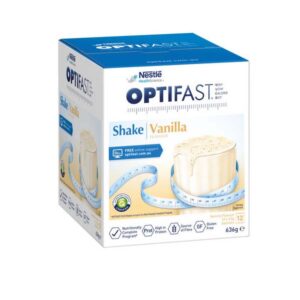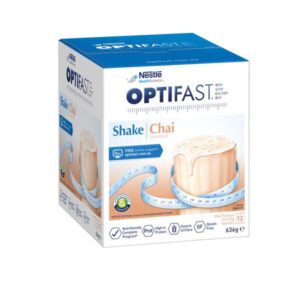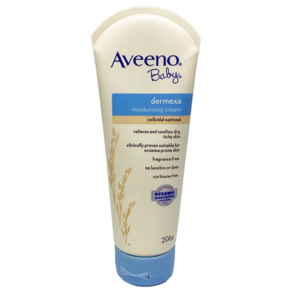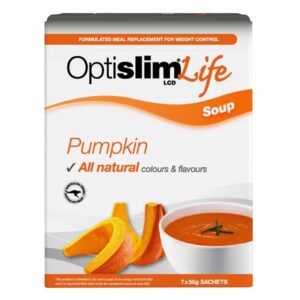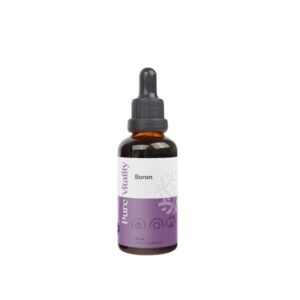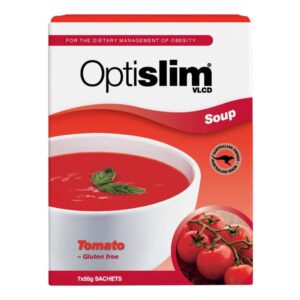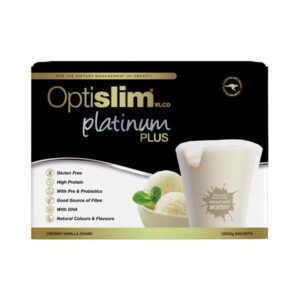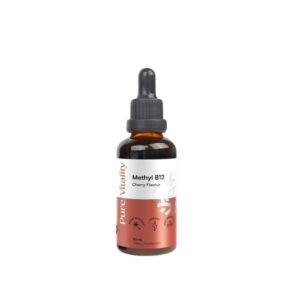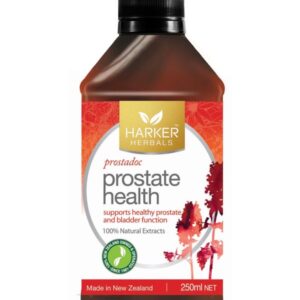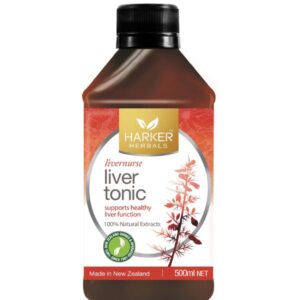
- 0508 966 622
- help@zoompharmacy.co.nz
- Mon - Fri: 8:30 - 16:00
Kidney stones have an infamous reputation. The horror stories from those who have experienced them are enough to give you a sense of dread. Once you’ve had a kidney stone you’re up to 50% more likely to get another within 5 years. If you want to reduce your risk of kidney stones staying hydrated is key, but there are some other drinks that may help.
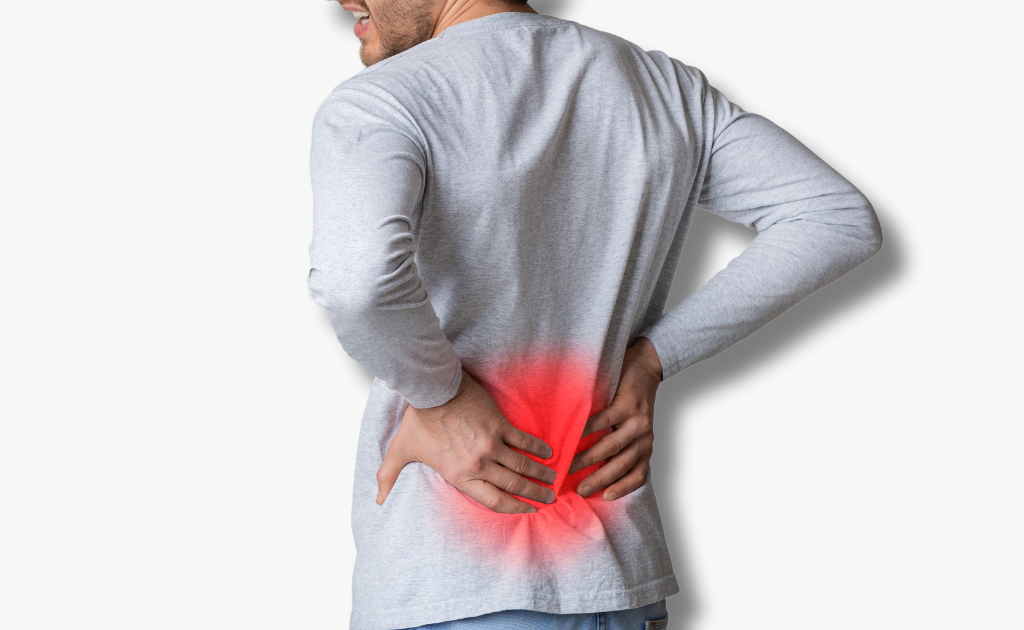
Pain from kidney stones may begin with stones in your kidney, causing mild to moderate pain below the ribs. Kidney stones can cause severe pain when they travel through the urinary tract. When the stone begins to move down the ureters it can cause intense pain called renal colic.
Renal colic is usually sudden and may come and go in waves. The level of pain can be extreme, often along the side of your body between the ribs and hip, or in your lower abdomen. It may radiate to your back or groin. Pain can be severe enough to cause nausea or vomiting. Other symptoms include:
Fever or chills (if you have an infection).
Kidney Stones are solid masses that can develop in the urinary tract. The urinary tract includes the kidneys, ureters and bladder – this is where urine is made, transported and stored respectively. Urine contains dissolved salts and minerals that can form solid crystal stones. They form in your kidney and may not cause any problems, unless larger stones are passed through the urinary tract.
Staying hydrated is the best way to prevent kidney stones. Dehydration means that your urine will be more concentrated and less likely to dissolve the salts and minerals that cause stones. Experts recommend adults who form stones to drink enough fluid to make at least 2 litres of urine every day. The amount of water you will need to drink will depend mostly on your body weight general estimates are at least 2L to 2.5L of fluid each day.
Citrus fruits like lemons, limes, and oranges are naturally high in citrate which can lower your risk of calcium oxalate stones from forming. Citrate binds to calcium in urine inhibiting stone formation and makes urine less acidic. Adding some lemon or lime juice to your water is recommended. Orange juice appears to have an even bigger effect on urine acid levels – if you choose premade orange juice get one with low sugar or no added sugar. Sugar can increase your risk of developing kidney stones.
According to a 2021 study caffeine is protective and may decrease the risk of kidney stones. It was found that going from drinking 1 cup a day to 1.5 cups a day may reduce the odds of kidney stones by as much as 40%. The study strongly suggests regular coffee consumption reduces the risk of kidney stone formation.1
Along with coffee, green tea is supported by research as a way to reduce your risk of kidney stones. In addition to contain caffeine, green tea contains catechins. Catechins are antioxidants that make it harder for calcium to crystalise and form kidney stones.
